“I kind of feel like the party started in our living room,” says Imran Nayani, one of the organizers of Rangeela. “On the weekend, sometimes we would blast Bollywood music and dance and enjoy our time, and this is just a bigger scale of that.”
Starting a South Asian dance party focused on Bollywood music (Bollywood movies are all, in essence, musicals) wasn’t exactly a stretch for Imran Nayani, Shazad Hai, Waseem Shaikh and Haran Vijaynathan (who is no longer one of the party’s organizers). But in spite of having now organized a very successful event for five years, they still don’t consider themselves party promoters.
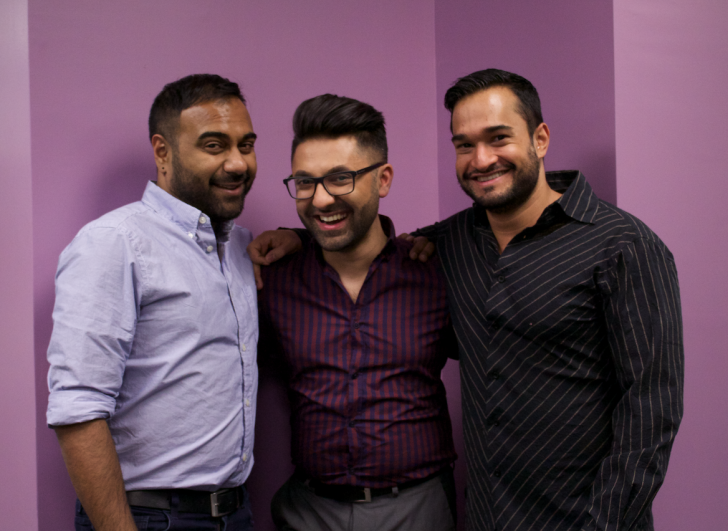
(Pictured above: Imran Nayani, Waseem Shaikh and Shazad Hai. Photo by Daily Xtra)
This may be because they didn’t start Rangeela simply because they wanted to throw a party — though they do love it — but in order to address need.
“It had been a few years since there was a queer South Asian party [in Toronto],” Hai says. “It was kind of in response to the fact that there were few queer spaces to dance to Bollywood music — to fully express your inner Bollywood diva without getting looks or potentially being beaten up.
“[Typically] the only places you could enjoy that kind of the music was a straight bar or a wedding.”
The other catalyst was a humanitarian crisis in South Asia. “In 2010 in Pakistan there was a massive flood and there wasn’t a lot of aid going to Pakistan,” Shaikh says. “What happened is, [we] figured we’d do a fundraiser party — it wasn’t called Rangeela then — and it was supposed to be a one-off thing.”
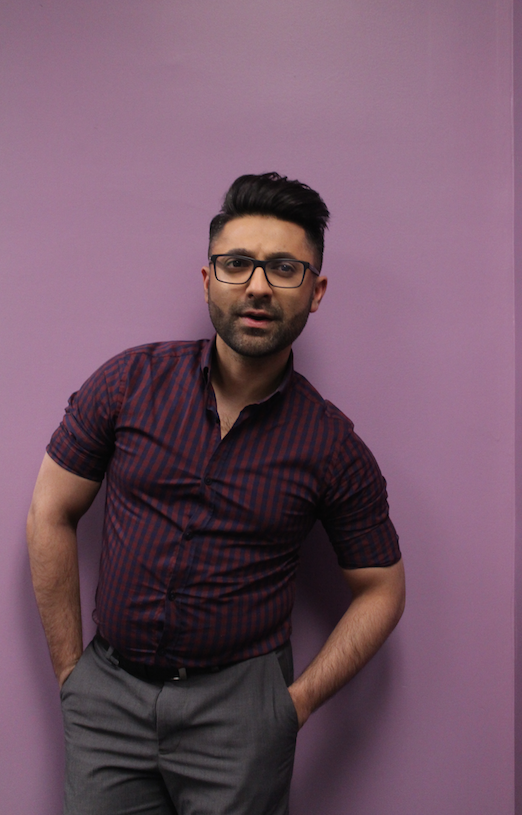
“It raised money, but at the same time there was a community-building thing that happened, so we thought we should have more of a [recurring] party.”
Picking a name was easy. “The funny thing is it’s the only thing I had no say in creatively,” Shaikh says, with a laugh. “The name is something the other two were very adamant on. It was something they had wanted to do way before there was even the possibility of a party — they’re like ‘one day we want to start a party and call it Rangeela.’”
“And then when the party was there, they’re like ‘why don’t we just call it Rangeela?’”
It’s named after a hit 1995 Bollywood movie about a boy and a girl who gravitate toward the movie industry in Mumbai and fall in love. “It’s one of those diva worship movies,” Hai says. “It’s one of the biggest movies in India where they actually brought in a person to stylize everything, from the clothing to how they shot it.”
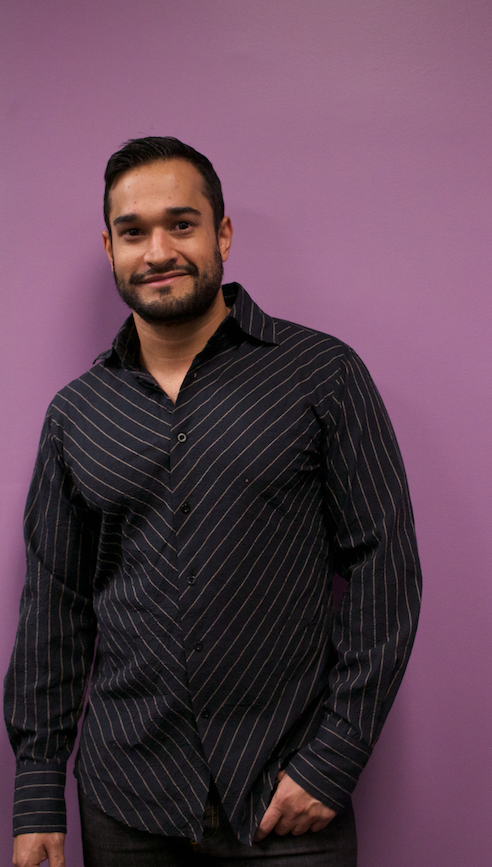
“It was a little risqué — there was a lot of skin — and there was the cinematography, the fashion, and an underdog story,” Nayani says. “If you love Bollywood and the music, [this movie] is like an intro to Bollywood.”
The word “rangeela” also translates to “full of colour.” What better name could they have chosen for such a party than a South Asian reference to the rainbow?
They carried forward the idea of using the party to raise funds for charity, and over the years they’ve raised thousands of dollars for various causes.
“[When choosing a charity] we try to keep it to things that have relevance to at least one of our identities. So if it’s not a gay specific cause, at least [it’s] a South Asian cause,” Shaikh says. “But there are those causes that are so pressing that they go beyond any labels, like when the Syrian crisis took place. Are we going to sit back and say ‘well, it’s not a South Asian cause?’”
DJs Deep and Aman have been with the party since the beginning. The performers have been drag queens Malika Jaan and Begum Cocksuckoor, and the trans-identified Sushmita and Sabrina.
The three organizers agree that the highest point in Rangeela history so far was WorldPride in 2014. “It was the most attendance we’ve ever seen at a Rangeela event. There was literally a line-up around the block,” Shaikh says. They raised about $3,000 for Alliance for South Asian AIDS Prevention (ASAAP).
Rangeela happens three or four times each year — Halloween, Valentine’s Day, Pride and then sometimes another one thrown in randomly — and the performances and decor are tailored to the theme of each event. When it comes to themes, it helps that the Bollywood film industry has already done its take on just about anything you can imagine.
The Halloween party always goes ultra camp (glitz and glamour) or scary. If scary is the agenda, the party will usually reference two types of villains featured in Bollywood horror movies often: witches and “nagins” (sinister women who can shapeshift into snakes).
Valentine’s Day is all about love and relationships and related ideas. This year’s Valentine’s party, called Suhaag, will be wedding-themed. If you know anything about Indian weddings, that’s a big deal — and the Bollywood version is an even bigger deal. They tend to be over-the-top, five-day affairs with endless flowers, drapes and dancing.
“It’s going to be a big fat Bollywood wedding, but nobody’s getting married,” Shaikh says. “But that’s the great part because it could be anyone’s wedding then.”
The Pride theme varies year to year. It should be particularly huge this year given that the party, on Saturday, July 2, 2016 is also Rangeela’s fifth anniversary celebration. At a time when most parties are lucky to last a year, half a decade is an important milestone.
Perhaps the party’s staying power and increasing popularity comes back to one of the needs that inspired its creation — the need for more leisure events aimed at queer South Asians in general, and in particular at the huge population of queer South Asians who are devoted to Bollywood.
It goes beyond simply having a safe space to be queer and listen to the music that you grew up with.For some, it’s about a deeper reconciliation of their queer identity with their South Asian identity.
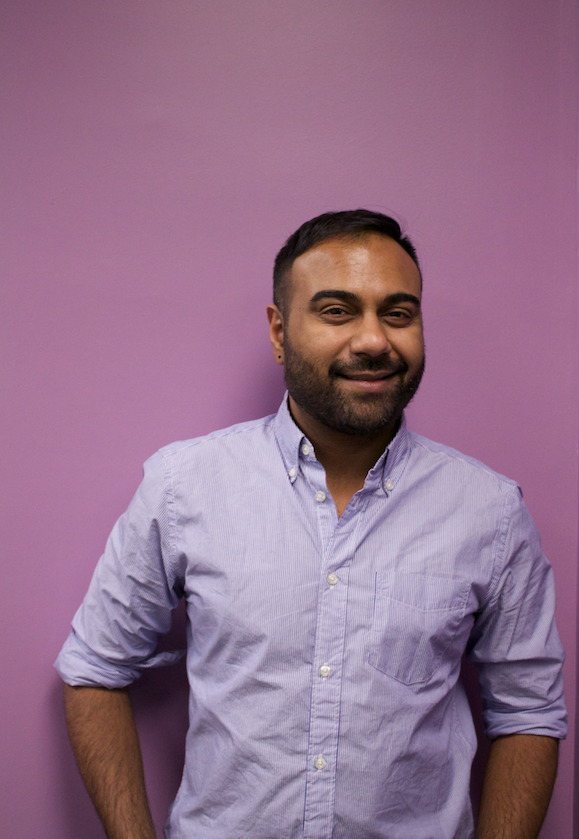
“You grow up watching certain types of entertainment and you identify with certain figures in it,” Shaikh says, in reference to Bollywood movies. He goes on to explain that while some boys wish they could be the leading ladies, society pressures them to identify only with the men. And while that might be okay for some, “machismo is prized . . . and you’re supposed to be a certain type of macho.”
But maybe what you really want is to wear a sari and lip-sync the women’s parts, or be your own version of masculine — Rangeela is intended as an event where you can do or be just that.
“I honestly think we’re just a group of guys who happen to share a bunch of Bollywood fantasies with the larger crowd, and we’re like ‘why don’t we just come together and live them out?’ Shaikh says. “If you want to live out your Bollywood dream, whether as a campy courtesan or a witch or as a bride at the wedding, come and be our guest.”
(Rangeela: Suhaag
Friday, Feb 12, 2016, 10pm
Club 120, 120 Church St, Toronto
facebook.com/rangeelato)
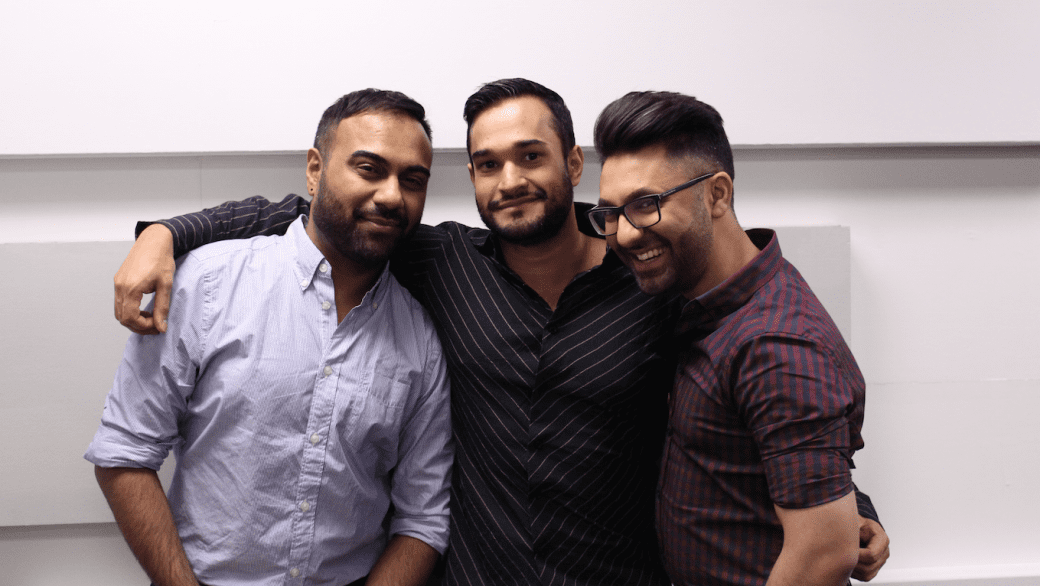

 Why you can trust Xtra
Why you can trust Xtra


